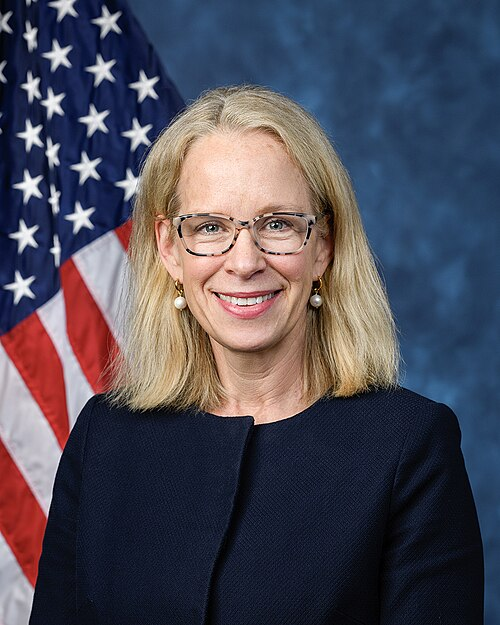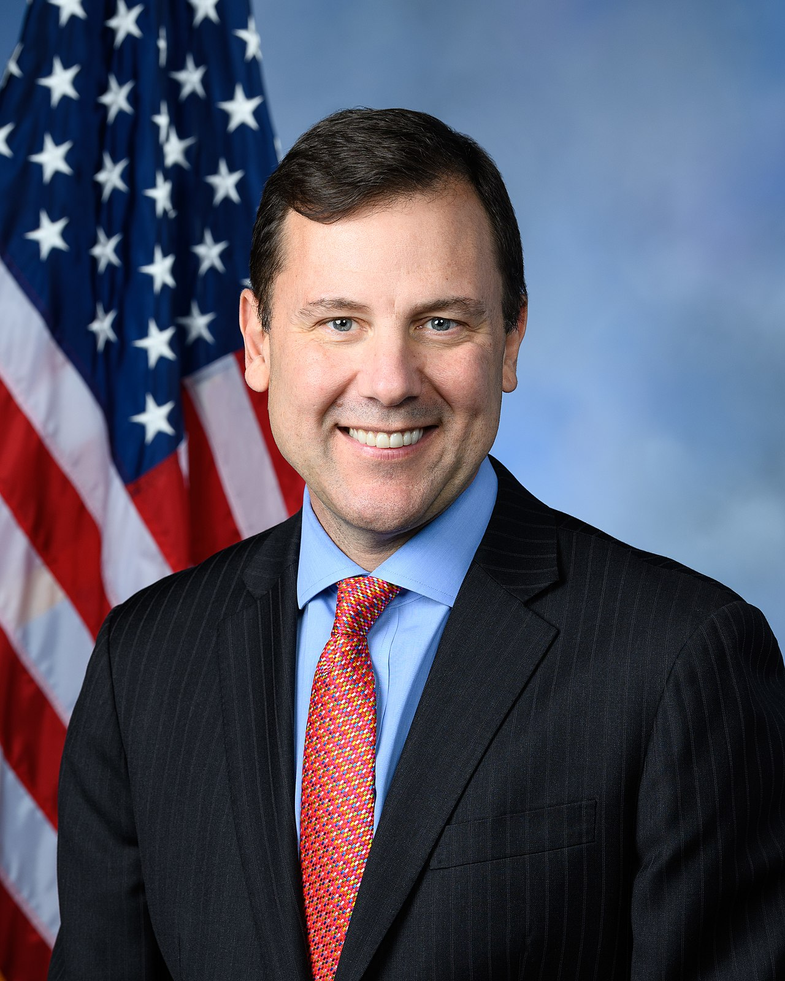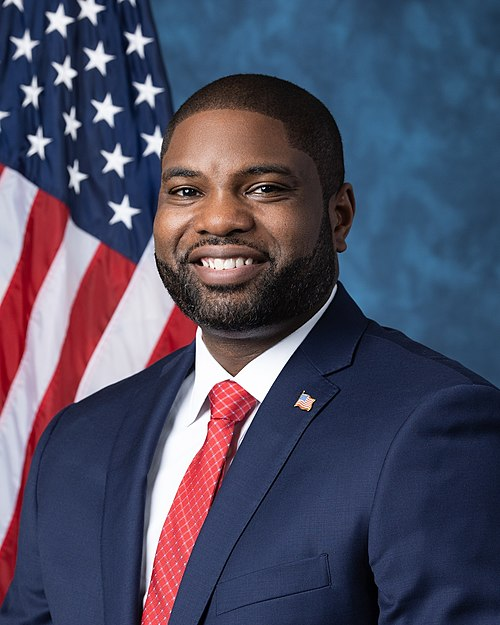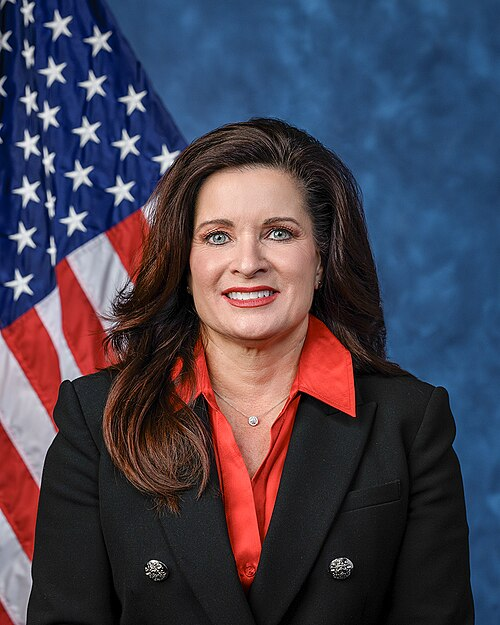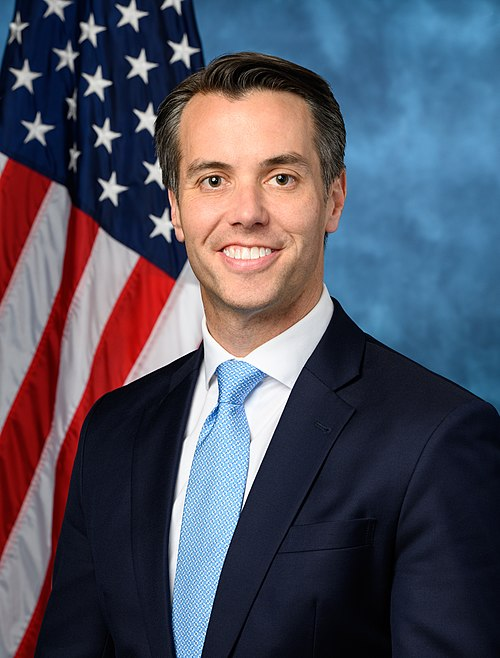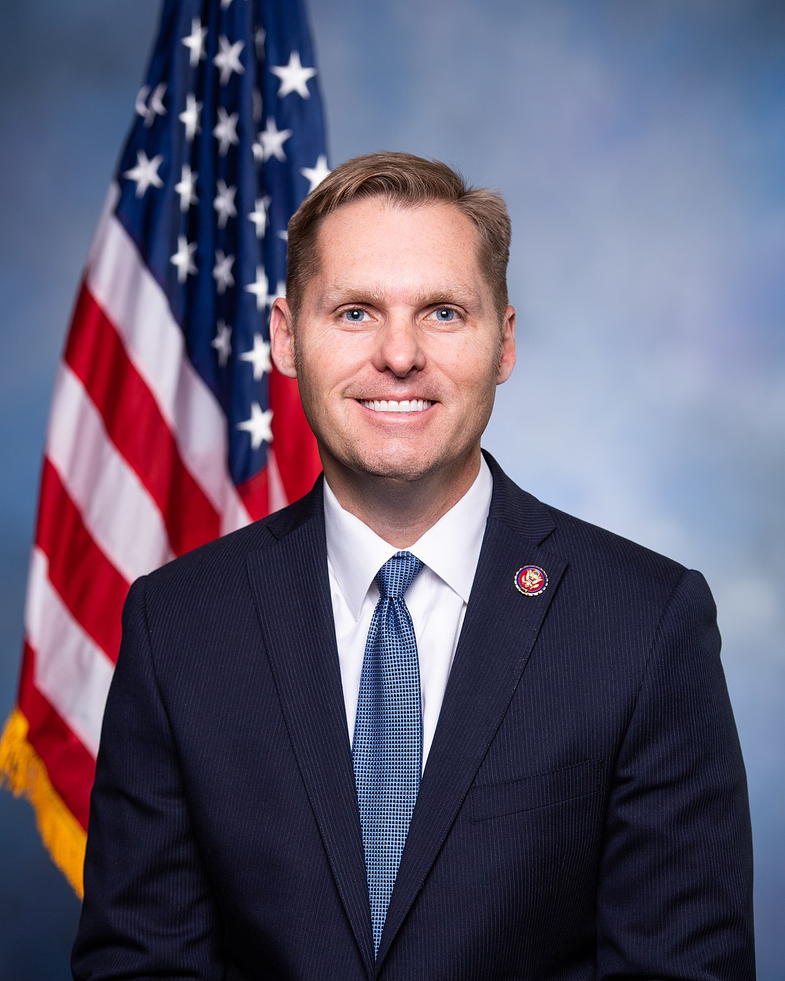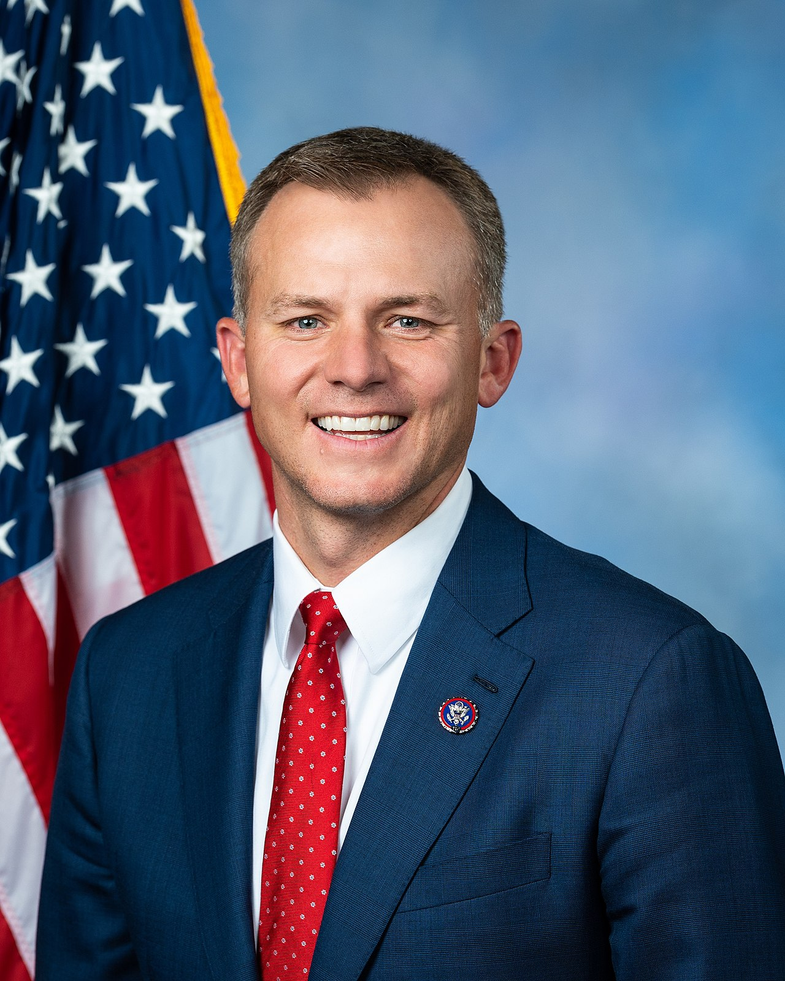S. 1185: Fighting Illicit Goods, Helping Trustworthy Importers, and Netting Gains for America Act of 2025
This bill, titled the Fighting Illicit Goods, Helping Trustworthy Importers, and Netting Gains for America Act of 2025, proposes amendments to the Tariff Act of 1930, specifically targeting low-value imports and enhancing the regulations surrounding them. Here is a breakdown of the key elements of the proposed legislation:
Short Title
The bill can be referred to as the "FIGHTING for America Act of 2025."
Purpose and Background
- Recognizes that the COVID-19 pandemic has led to an increase in low-value imports that can qualify for duty exemptions.
- Highlights the need to review customs procedures to safeguard U.S. revenues and combat the smuggling of illicit goods.
- Addresses growing challenges related to direct-to-consumer shipping, especially concerning the shipment of illegal products.
Key Changes Proposed
1. Enhanced Transparency for Shipments
The bill mandates that the Secretary of the Treasury, in coordination with the Postmaster General, establish regulations requiring documentation and information for articles that might qualify for administrative exemptions from duties. This includes:
- Details on sale or transportation of the article.
- Identity of involved parties (seller, shipper, carrier, etc.).
- The fair retail value of the article in the country of origin.
- Additional necessary information to ensure compliance and protect revenue.
2. Issuance of Penalties
The bill introduces civil penalties for violations of regulations, including:
- A $1,000 penalty for first-time violations and up to $5,000 for subsequent violations for failing to comply with documentation requirements.
- Stricter penalties for fraudulently providing false information related to imported goods.
3. Limitations on Duty Exemptions
The amendments specify certain conditions where items cannot be exempt from duties, including:
- Items subject to antidumping or countervailing duties.
- Shipments exhibiting significant signs of illicit activity or fraud.
This will require the Secretary to maintain and update a list of articles that cannot be exempted due to these conditions.
4. Management of Detained Merchandise
Modifications to the handling of merchandise detained for which an exemption is claimed will involve:
- U.S. Customs and Border Protection notifying relevant parties about the detention.
- Abandonment procedures if no response is received after a specified time frame.
5. Reporting Requirements
The Secretary of the Treasury will be required to submit annual reports to Congress evaluating the use and impact of administrative exemptions, including:
- Volume of imports claiming exemptions.
- Revenue forgone by permitting such entries.
- Insight into compliance and violations.
6. Customs User Fees
The legislation proposes a new customs user fee of $2 for each shipment made under the specific exemption in question, to be paid by the party making the entry.
Effective Date
The amendments will take effect 60 days after the bill's enactment and will apply to articles entered or released 30 days following the implementation of required regulations.
Relevant Companies
- AMZN (Amazon.com, Inc.): As a major e-commerce platform frequently handling low-value imports, Amazon may need to adapt its logistics and compliance strategies in response to new documentation and fee requirements.
- UPS (United Parcel Service, Inc.): As a major carrier of goods, UPS will likely have to manage new customs documentation processes and associated fees impacting shipping operations.
- FDX (FedEx Corporation): Similar to UPS, FedEx will be required to adhere to updated customs regulations, affecting their logistics and compliance protocols.
This is an AI-generated summary of the bill text. There may be mistakes.
Sponsors
1 sponsor
Actions
2 actions
| Date | Action |
|---|---|
| Mar. 27, 2025 | Introduced in Senate |
| Mar. 27, 2025 | Read twice and referred to the Committee on Finance. |
Corporate Lobbying
0 companies lobbying
None found.
* Note that there can be significant delays in lobbying disclosures, and our data may be incomplete.














